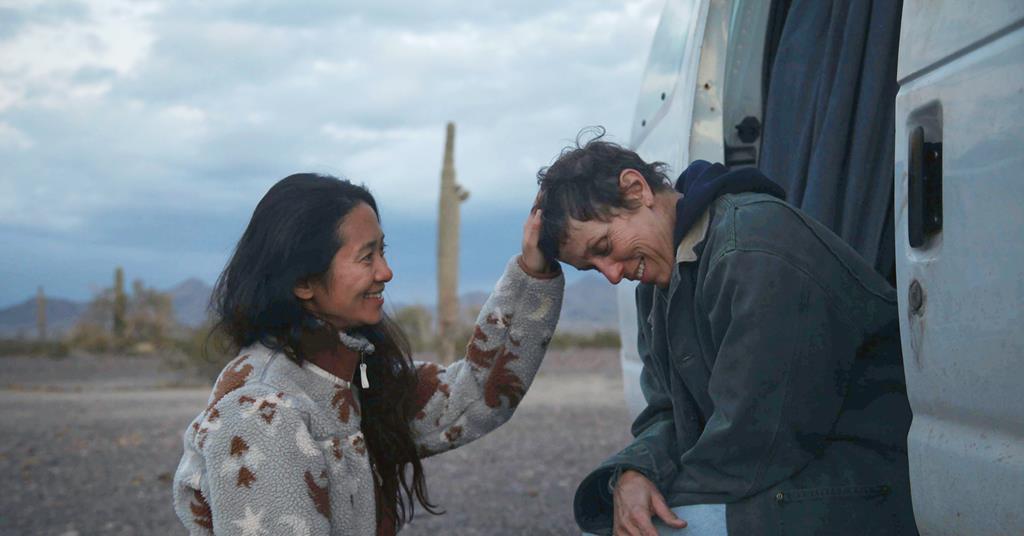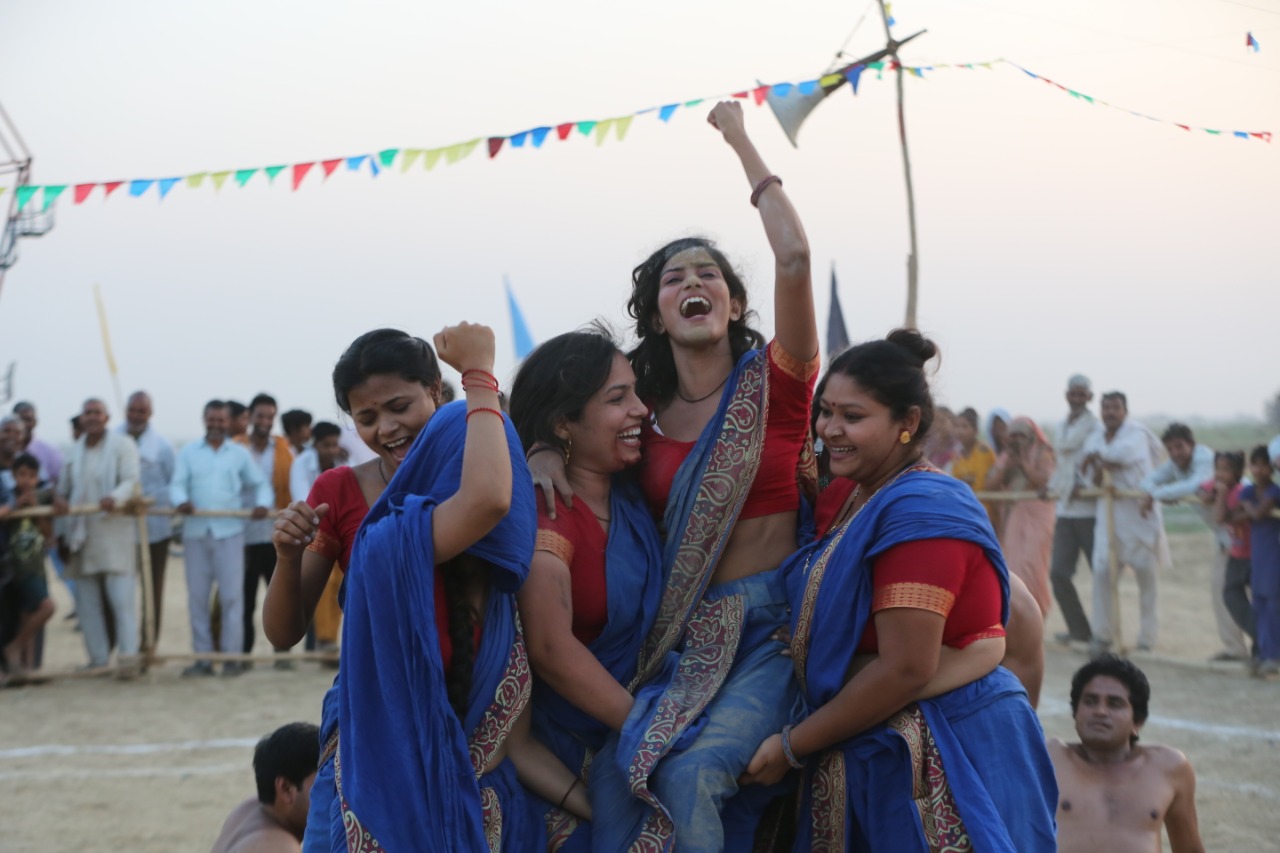Shades of Grief in Cinema

With the mass-mourning we are experiencing presently, brilliant films will assist us in navigating through our grief.
By Saundarya Jain
At a time when the entire world seems to be mourning the loss of their loved ones, hope and normalcy due to Covid-19, no other film than Nomadland (2020) could have been more worthy of bagging the award for Best Picture at this year’s Oscars. Directed by Chloe Zhao, this film (streaming on Diseny+Hotstar ) follows the story of Fern, who is managing to live as a houseless person after the death of her husband. On her journey to nowhere, she encounters many nomads, which are played by real life counterparts of these characters. Fern becomes our window to their beautiful stories while we witness her wrestle with her own grief. Yet in no way is Nomadland a sad film. Nomadland grounds itself in the experience of being truly alive to the world and exemplifies, through its heartening perspective, that life and death are inextricably intertwined– it’s only the mortality of our being that makes it all the more worthwhile. It is the sort of life-affirming cinema we needed to see and appreciate at such a tumultuous time because while making us come to terms with our grief, it also compels us to celebrate life.
Cinema has dissected grief in various forms, Nomadland being only one of many such films. The Tree of Life (2011) ponders over the religious questions of loss: if God made life, why did he also create death? Why did our creator instill so much love and consequently so much grief within us? This unmissable film employs breathtaking poetic imagery to raise many more such questions and renders a beautiful relationship among forces of nature, love and our mortal selves. A similar attempt is made, but at a much light-hearted level, by A Ghost Story (2017) as it also explores a unique take on loss of life: what happens to those who pass away? What if they are able to witness their loved ones grapple with the emptiness they have left behind?
In addition, there are several films which have portrayed grief in motion. In Manchester by the Sea (2016), a man loses his children in a fire. In Pieces of a Woman (2020), a woman’s baby dies moments after birth. In the French masterpiece, Three Colors: Blue (1993), a woman loses her family in a car accident. Consequently, these characters withdraw from the world, insolating themselves with numbness so that nothing can get in or out. They become so warped in their pain that they cannot differentiate between their selves and their loss. These films depict grief in its most realistic, mundane and agonizing version and reaffirm the power of cinema in mirroring life. All the three leading performances in the aforementioned movies are immensely resonating and will stay with you for long after the end credits have rolled.
The horror genre has also capitalized on the heart-wrenching and horrifying nature of grief. In the Australian psychological horror The Babadook (2014), a fictional bogeyman comes to life and disrupts the world of a mother-son duo. In Ari Aster’s Hereditary (2018) and Midsommar (2019), unhinged grief, with its roots in generational trauma, makes the characters vulnerable to destruction and evil forces. In Get Out (2017), the protagonist’s misplaced blame of his mother’s death exposes him to sinister manipulation. This brand of cinema paints a disturbing picture of unsolved grief, telling us that the more we struggle to run away from it, the more suffocating its hold on us will become. All of these films explore the overpowering nature of loss with a brilliant mix of classic and unconventional storytelling.
However, not all films on grief are this dramatic. Films like Up (2009), The Descendants (2011) and Piku (2015) ensure that we laugh through our tears. In Up, an elderly widower perseveres to fulfill a promise made to his late wife. In The Descendants, a man deals with the infidelity of a wife who has gone into a coma. In Piku, a road trip acts as a bridge between an ageing father and his daughter. Rather than being disconcerting, these movies work as antidotes on our wounded hearts and convey that we must cherish our dear ones to the bone, while we still have time. They make poignant use of humor to mitigate the seriousness of loss through a wholesome take on life. With the mass-mourning we are experiencing presently, these brilliant films will certainly assist us in navigating through our grief. We will find our experiences resonated in these stories, stumble upon characters that feel as heartbroken as we do and, ultimately, feel less alone.




